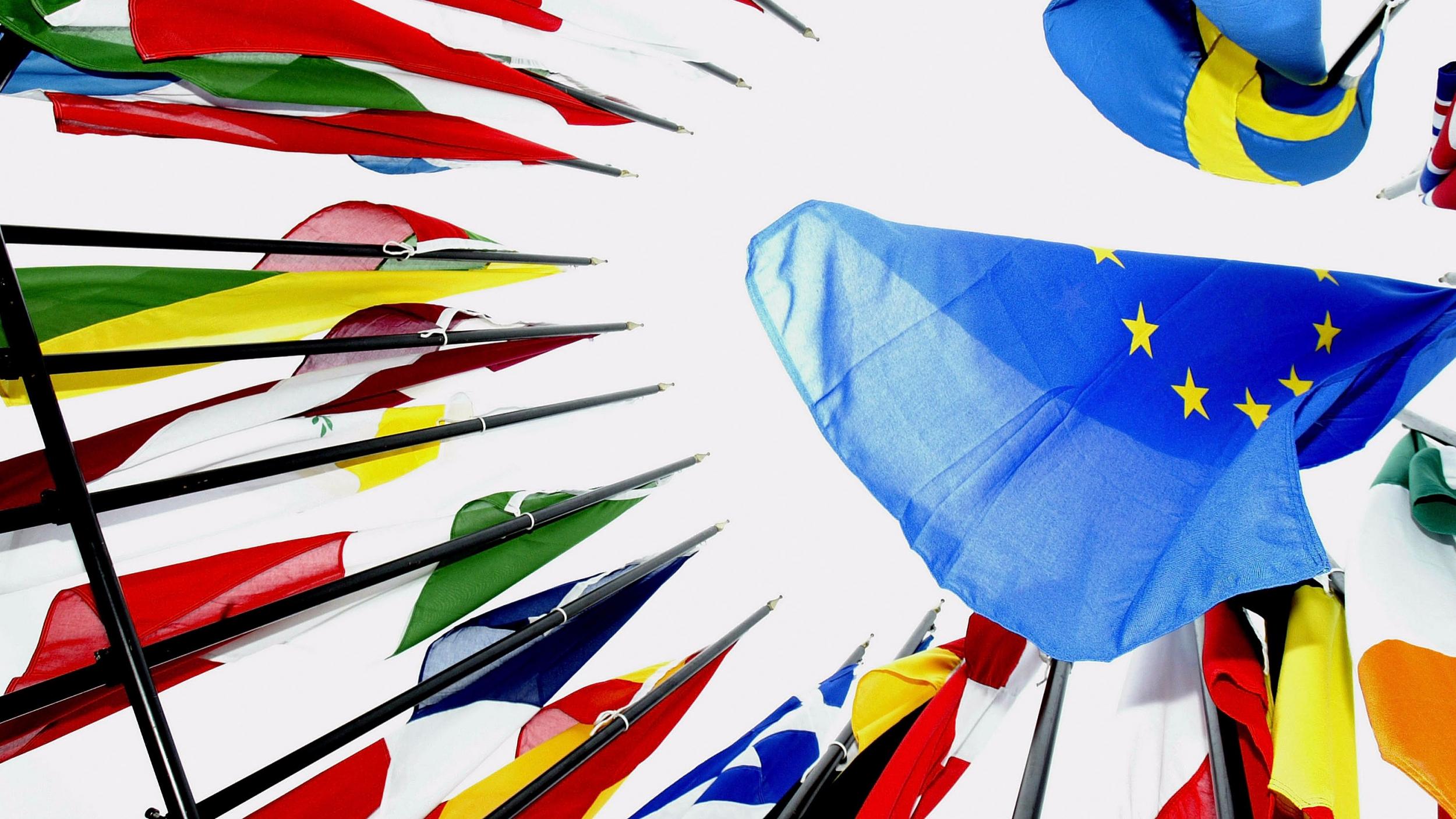Why I'm In: As a European fundamentalist, I want the protection of the EU
I consider myself part of the European generation, our lives overshadowed at one remove by our parents’ experience of war


At a host of referendum-related events over the past few months, the bigger picture has crystallised. The two big issues are the economy and migration. If you vote Remain – so the analysts say – it will be for economic reasons, despite your misgivings about migration. If Leave is your choice, it will be because your concern about immigration trumps any qualms about damage to the economy. I don’t really fit those stark categories.
I am a Remainer, but not because I believe migration – EU or non-EU – has no disadvantages. Relaxed government policies have given us, in my view, a low-wage, low-skilled, low-productivity workforce, and I support the higher minimum wage in the hope this might encourage employers to invest in raising the qualifications of their staff.
Nor am I swayed by the economic arguments – promises or threats. If I had been a young Scot in 2014, I would have voted for independence, confident that control of one’s own national destiny was a pearl beyond price and that Scots would be equal to any economic difficulties that ensued. Just look at how the Baltic States and others have thrived.
But there was a corollary to Scottish independence, which was membership of the EU. The objective was full statehood within the EU, not as a component, however privileged, of the UK. As a citizen of the UK – or a future stand-alone England – I want the same: to belong to a nation state that is a member of the EU. One reason is the protection and clout that comes from membership of a bigger grouping, even for a rich, medium-sized country such as ours. The bigger reasons, though, have to do with identity and idealism.
I consider myself part of the European generation, our lives overshadowed at one remove by our parents’ experience of war. They had come tantalisingly close to something better. My mother would have spent the summer of 1939 in Switzerland; my father managed a school exchange to Germany the year before. Then conscription, the Blitz and rationing closed in.
As we children grew up, my father was intent on making up for lost time. We took road trips across still-divided Europe – some of which I have reprised now Europe is one. My sister and I studied languages. She lives in Italy; I have reported from all over the Continent. Five years based in Washington convinced me that, for all the attractions of the United States, Europe was where I belonged.
I am, if you like, a European fundamentalist. I would have the UK join both Schengen and the euro – the structures might have been more robust had the UK been in. I would be working towards joint security arrangements and EU armed forces.
This time last year, my husband and I drove through “new” Europe: from Vienna, through Hungary, Slovakia, Poland and back through Germany. The joy of the “new” Europeans at “belonging”; the vestiges of old border posts, showing how it used to be; the convenience of the euro (come on, Poland) – all these are successes to be chalked up to the European Union. They are a tribute to my, European, generation.
It would be a catastrophe if Brexit precipitated their loss.
The EU referendum debate has so far been characterised by bias, distortion and exaggeration. So until 23 June we we’re running a series of question and answer features that explain the most important issues in a detailed, dispassionate way to help inform your decision.
What is Brexit and why are we having an EU referendum?
Does the UK need to take more control of its sovereignty?
Could the UK media swing the EU referendum one way or another?
Will the UK benefit from being released from EU laws?
Will we gain or lose rights by leaving the European Union?
Will Brexit mean that Europeans have to leave the UK?
Will leaving the EU lead to the break-up of the UK?
What will happen to immigration if there's Brexit?
Will Brexit make the UK more or less safe?
Will the UK benefit from being released from EU laws?
Will leaving the EU save taxpayers money and mean more money for the NHS?
What will Brexit mean for British tourists booking holidays in the EU?
Will Brexit help or damage the environment?

Join our commenting forum
Join thought-provoking conversations, follow other Independent readers and see their replies